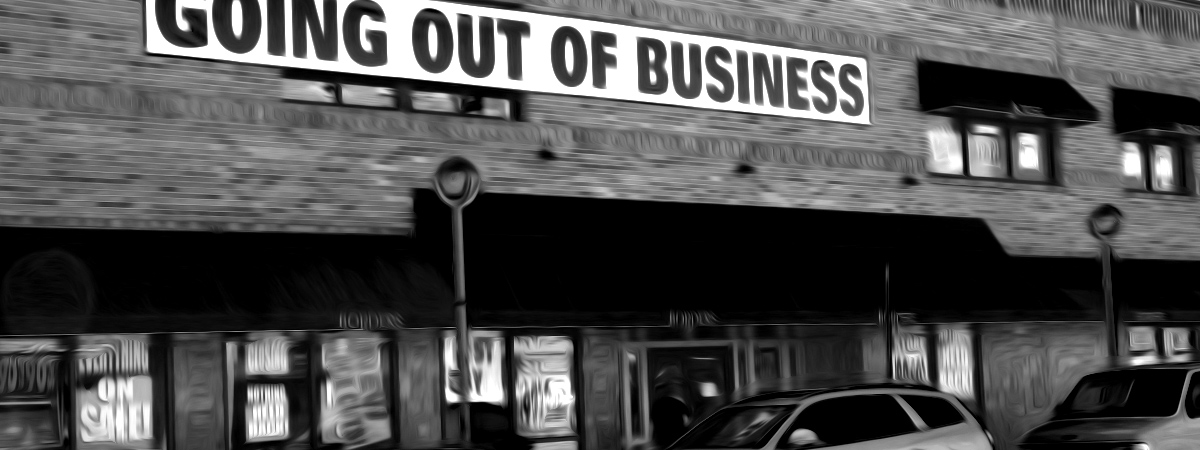When we talk with entrepreneurs, we often hear, “X person NEEDS Y,” or “X person NEEDS this service.” But need doesn’t build a successful enterprise–demand does. And building a successful business relies on finding authentic demand–as opposed to need–from the people who are paying for the business to run.
Defining Value Proposition in Terms of “NEED”
What’s amazing about the term “need” is that it is rarely used by the person who is the subject matter of the term. “These folks NEED X,” or “The population NEEDS Y” is much more common than people saying “I NEED X.” ‘Need’ represent a lack of something–and something that people can’t live without. But “Need” is usually diagnosed by a third-party–someone who hasn’t experienced the lifestyle of the person who “needs” the desperate thing.
Building a successful business relies on finding authentic demand–as opposed to need. Tweet This Quote
The average person doesn’t speak of themselves in terms of need because (a) people are often too proud to admit they need something–and live their lives accordingly; and (b) the average person doesn’t NEED very much. The human condition is so resilient that people can tolerate most anything they are faced with–as soon as they’re faced with it. There is very little that people NEED, in the literal sense.
Not understanding this has killed hundreds of well-intentioned businesses trying to make an impact. Businesses have said what people “need”: lighting, cookstoves, buyers for their coffee or other products–without recognizing that, when it comes down to it, making a purchase requires a significant behavior change, and people won’t change their behavior for very much. Pushing a behavior change for “need” rarely, if ever, happens.
Defining a Value Proposition in Terms of Demand
What do people do–if they don’t need stuff? They demand it. Demand is a funny thing. It’s hard to diagnose–or understand. In the words of Merrick Furst–the inspiration behind the quotation at the beginning of this article: think of the last five things you bought. Write them down: we’re waiting. Can’t remember? Most people have no idea why they bought stuff, and when they do–they look at what they bought and say “I didn’t really need this.” Now–think of the last thing you bought that you were excited about–that you were excited about in the way you’d tell a friend. Think of the hop in your step you get when you think about that thing.
Founders and builders of companies don’t recognize that businesses are built on demand, not need. Tweet This Quote
THAT is demand–demand that animates and excites. I bet if someone tried to convince you to give up or sell the thing that you are thinking about that you’re excited about–you wouldn’t do it. Entrepreneurs kill themselves every day to convince people to buy their thing, and you’re sitting there thinking about something you love so much you would have to be convinced NOT to buy it. Now THAT is demand.
The problem when you are building businesses that have an impact: The temptation is SO great to focus on need–because the needs are so great–that founders and builders of companies don’t recognize that businesses are built on demand, not need, and it requires consistent demand–demand that lasts for years–to build a truly great enterprise.
So how do you determine demand vs. need? It’s truly hard work–but that’s the work we do at Village Capital.



